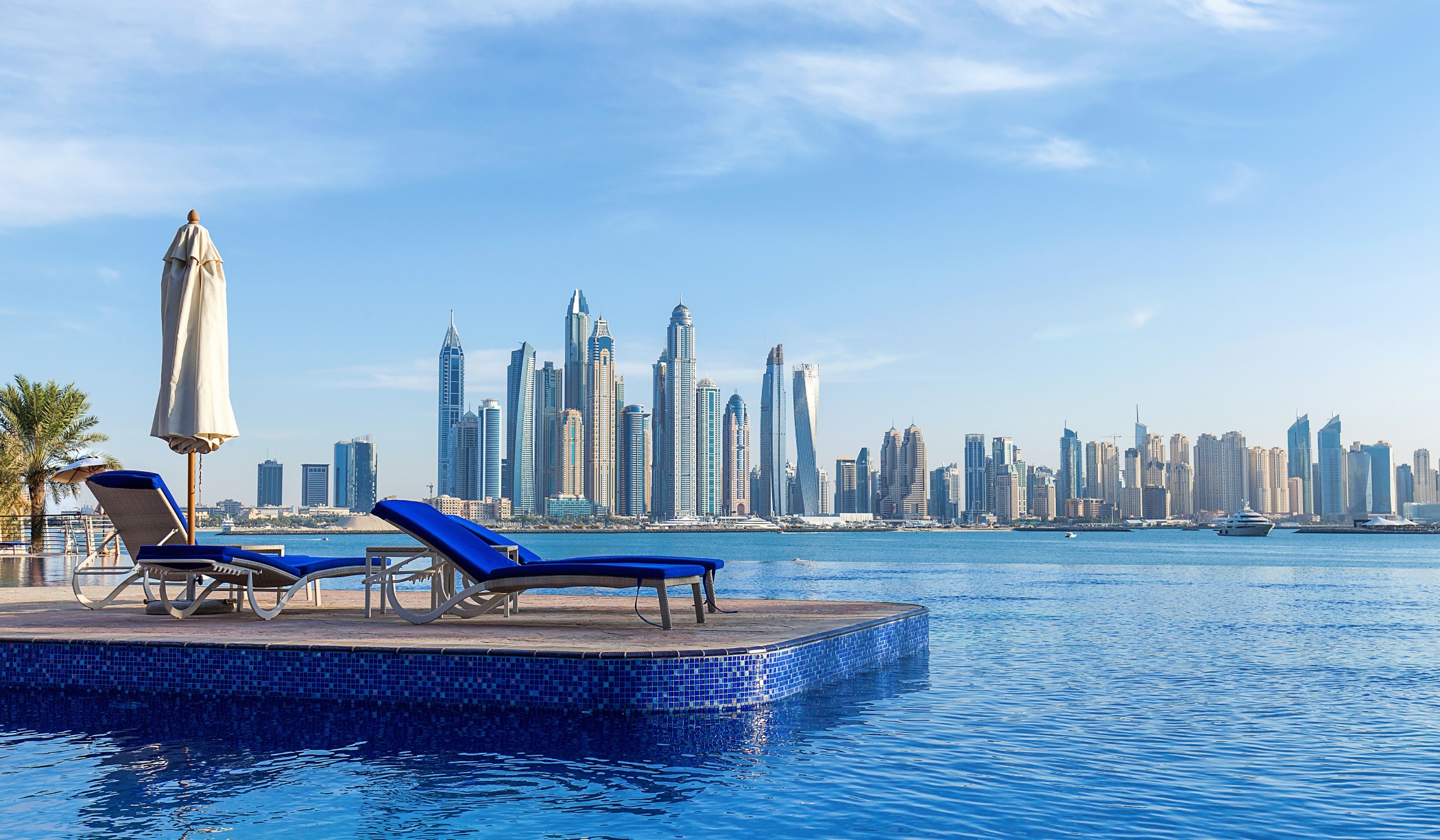
Luxury is in the eye of the beholder — the phrase “luxury hotel” is used all the time, but how do you define it? Is it about the decor and amenities of a hotel, or is service the defining characteristic? Is it about technology or local experiences?
No matter how you define luxury, the industry of luxury hotels is on the rise. According to a report from GlobalData entitled “Destination Market Insights U.S.,” the number of luxury hotels will grow by nearly 100 in the next three years.
New Players in the Luxury Game
In December of 2019, Hyatt announced that it would be opening more than 20 new luxury hotels under the Park Hyatt, Andaz, Alila, Grand Hyatt, Miraval, and The Unbound Collection brands by the end of 2020. Most of these properties will be international, marking new forays into Indonesia, Japan, China, New Zealand, and Qatar, among others.
Not to be left behind, Airbnb launched Airbnb Luxe in June of 2019. Airbnb has always offered upscale lodging for those willing to look for it, but their Luxe properties will take that to the next level. All Luxe properties are handpicked to be destinations in themselves, from homes formerly owned by famous people to an entire island in French Polynesia, which sleeps 52 people for a cool 900,000 euros per week. Luxe properties often come with chefs, childcare, massage therapists, personal trainers, concierge service, or other boutique services that previously belonged exclusively to hotels.
What Luxury Guests Want
While someone flying into town to see relatives for the weekend is only looking for a bed to sleep in and a shower to freshen up, a luxury traveler is looking for more than just lodging — they want an experience.
Sometimes, that experience is baked right into the location itself — a hotel on a mountaintop with 360-degree views of the Rockies doesn’t need much in the way of amenities in order to impress. Sometimes, you’ll have to make a little more effort to enhance your guests’ stay.
Partnering with local tour and activity groups is a great way to add a level of opulence to your hotel. You can even offer tours yourself! Not every guest will want to rent a car on their trip, and a free hotel shuttle to local hiking destinations, beaches, ski mountains, historic areas, or shopping destinations is easy to set up.
Mixing Technology with a Personal Touch
When guests look for luxury, they want personal attention from staff — waited meals rather than buffets, a knowledgeable concierge at the front desk, prompt room service to their door, a pool attendant who can get them a dry towel, and the like.
Somewhat counterintuitively, they’re also looking for the ability to avoid interacting with hotel staff at times. They might want to check in via a kiosk rather than at a desk, or they might want to order room service online instead of reading an order over the phone.
Better technology, like a VoIP-enabled hotel PBX system instead of analog phones, can enable improvements in both the high-tech and high-touch areas of your hotel. By connecting the services of your hotel to the internet and modern software solutions, you can give your guests the freedom they want while simultaneously freeing up your staff for the in-person interactions that demand their time.
Bigger Isn’t Always Better
The classic impression of a luxury hotel is a towering glass beachfront property with several pools, a spa, and a thousand glamorous rooms. But today’s luxury travelers aren’t looking for the same cookie-cutter experience that thousands of other vacationers are having — they want something unique.
This might mean a smaller hotel with a dozen bungalows tucked into the trees rather than a big downtown tower, or a lodge in the mountains that only sleeps a dozen people. The success of Airbnb Plus and Airbnb Luxe properties, which allow guests to feel like they have the place to themselves, is a testament to the demand for smaller experiences.
Smaller can refer to duration, too. Lots of modern travelers can’t find the time or the budget for a two-week vacation across the country, so they’re opting for weekend trips within driving distance instead.
Hotels often struggle to fill rooms at the eleventh hour, so last-minute deals on travel and lodging, incentives for booking on off-peak days, bundling car rentals, and other flash deals can be very appealing to this new class of “micro-traveler.”
Upgrading Your Hotel
One of the biggest improvements you can make to your hotel is to upgrade your communications system. Many hotels have been stuck with the same old analog phone systems for decades, making their staff less efficient and reducing the quality of their guests’ stay.
To get an estimate on upgrading your phone system to VoIP, contact Phonesuite today! We can give you a ballpark estimate or do a detailed analysis of your hotel’s needs for a precise quote. It’s time to upgrade your phone systems and bring your hotel guests the luxury they deserve.